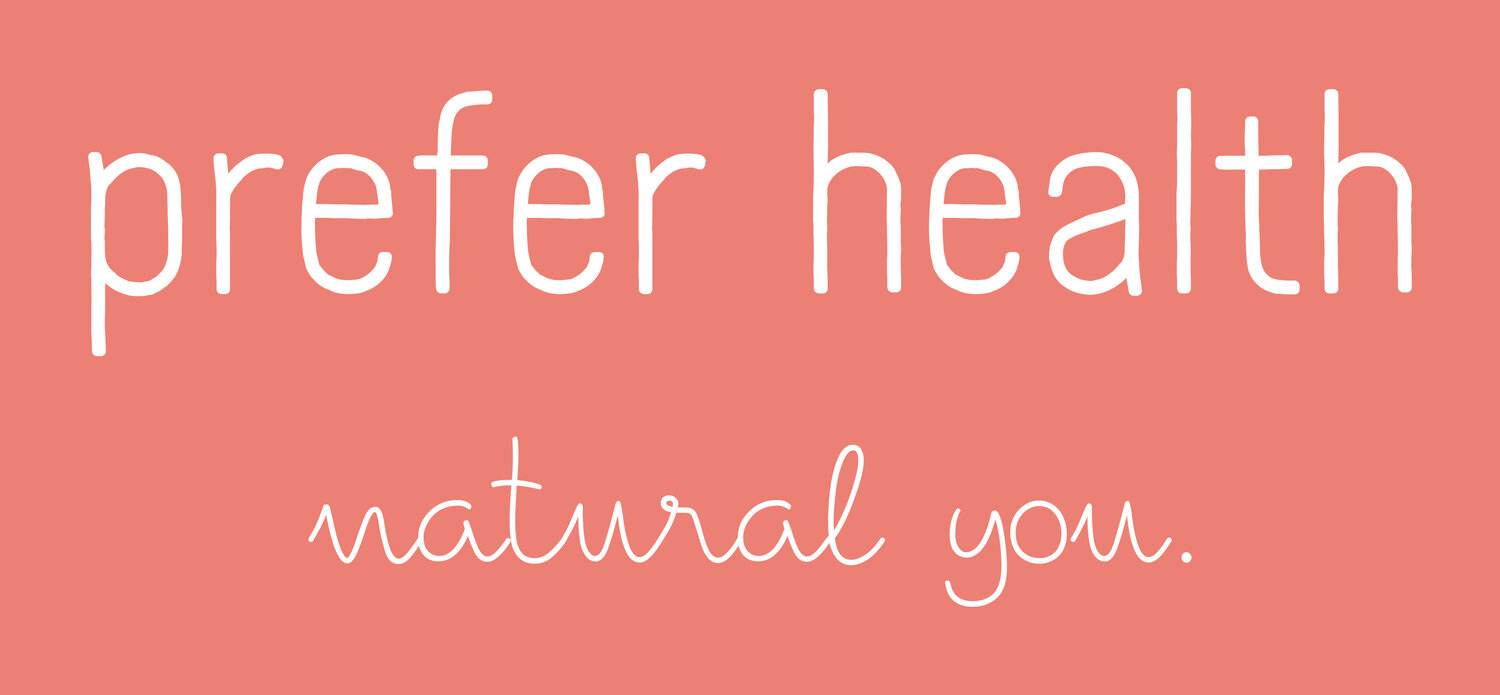FAQs
What is Chinese medicine?
Chinese medicine extends over 3000 years, with wisdom gained through careful observation of the human body and its relationship to the greater environment. In its simplest essence, Chinese medicine reflects on “health” as the human body in a state of dynamic balance.
My favorite aspect of Chinese medicine is that it looks at each person as an individual, and treatment focuses on recognizing how a constellation of symptoms (and other unique aspects of each person) give clues to where imbalance lies. By understanding these patterns, a treatment can be prescribed that restores health and balance. For you, what this means is that you will often be asked a broad ranging set of questions, that may at times seem completely unrelated to the condition you are coming in for. Yes, insomnia and knee pain may seem unrelated in the context of Western medicine, but knowing that these things are happening concurrently helps me figure out the root imbalance that is causing your symptoms, with the added bonus that for many, an overall increase in well-being is experienced, not just the primary symptom.
How does acupuncture work?
Much like everyone has vascular, neural, and pulmonary systems that present in similar and predictable anatomy, Chinese medicine works on the supposition that the energetic flow that facilitates this life and action in the human body also flows in a similar pattern for all people. Acupuncture works by stimulating this energetic network through the insertion of fine needles in very specific points. From the perspective on Chinese medicine, the effect of acupuncture is created by accessing and influencing "qi" as it flows through a network of meridians that run through each and every body. Western science is continuing to explore the phenomenon from a research-based perspective, with the most popular theories revolving around stimulation of local immune response and neural communication through the fascial network of the body.
Does it hurt?
For most people, acupuncture is a painless, and even pleasant, procedure. The insertion of the whisker-thin acupuncture needles is generally said to feel more "strange" or "tingly" than painful. However, everyone is different, and you can expect that I remain in communication with you during the treatment to make sure that you feel comfortable and at ease. If anything does become uncomfortable, it is usually momentary, as I will hear your feedback and quickly adjust the needle.
How often will I need to come?
This depends on your reason for seeking treatment and, let’s be real, your own personal ability to come in. As the broadest generalization, a standard course of treatment for a given condition is 10 treatments. But in reality, it may be longer for chronic conditions, and shorter for simple, acute conditions, such as the common cold or a minor sprain. In the west, this often plays out as one treatment per week for 10 weeks. However, faster results can often be achieved by those who are able to come in 2 times or more per week. Dependent on the condition, with acupuncture it often is about the total amount of treatments, rather than the length of time passed. What I like to explain to people is this: acupuncture isn’t a magic bullet. It’s a therapeutic process, just like physical therapy or chiropractic. Our goal is to get your body back into balance, and it takes time to re-train the body, and also to get it to hold on the “habit” of feeling well. This is going to take some time, and your commitment to the process will definitely define your results.


